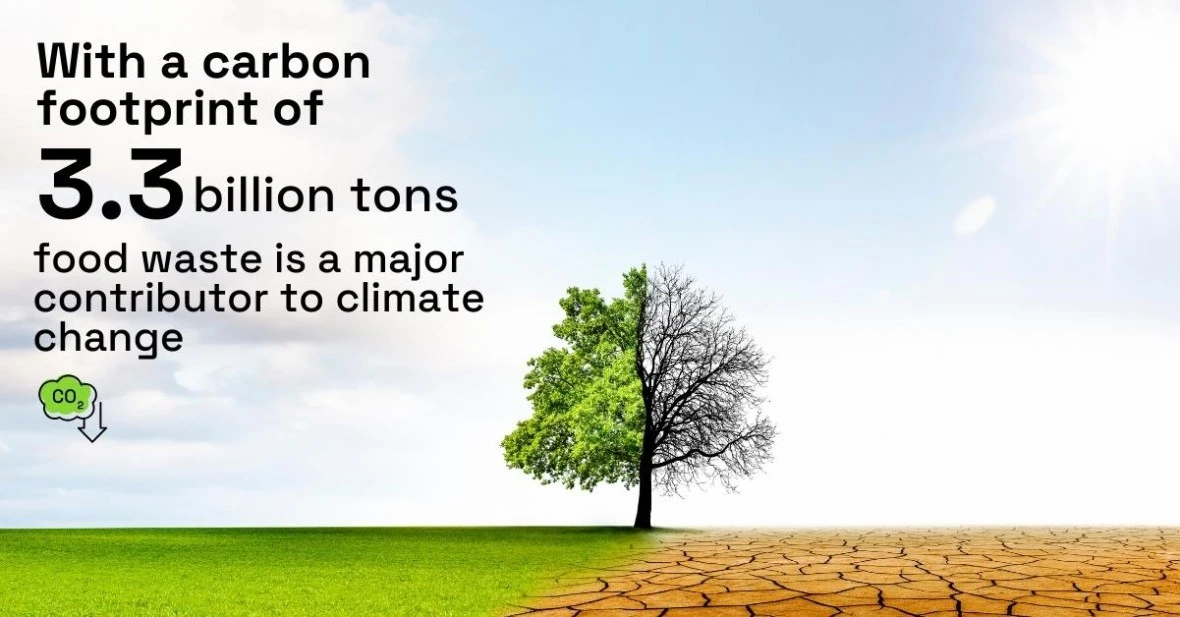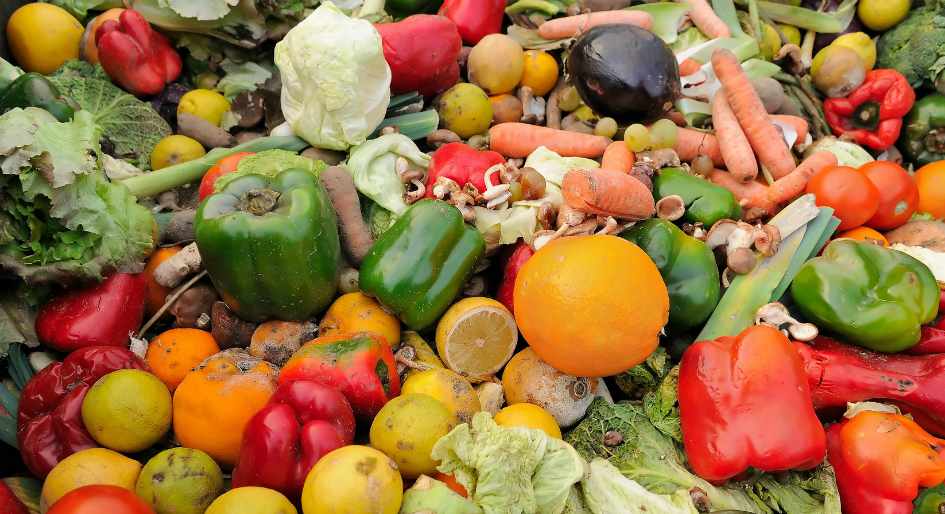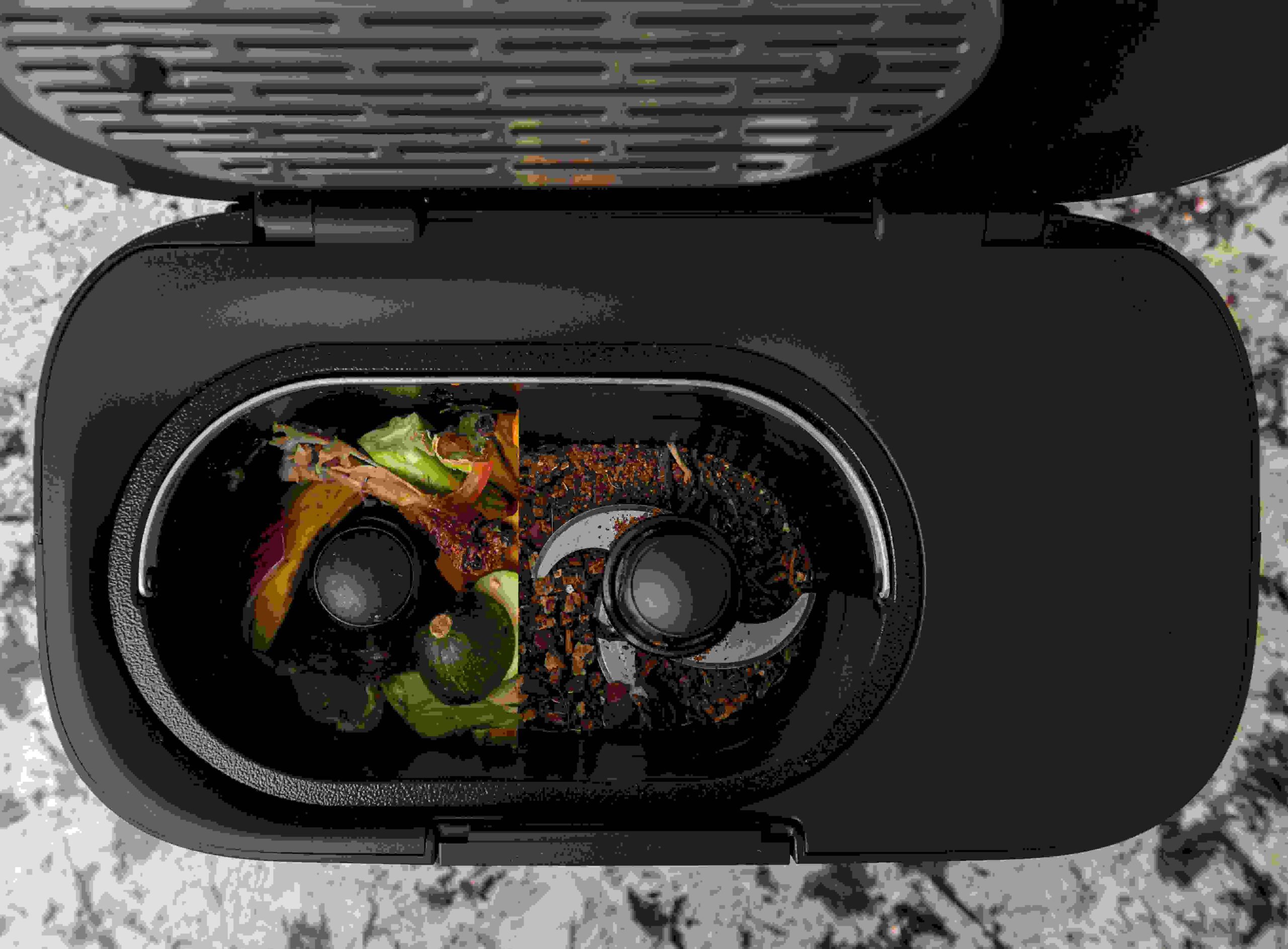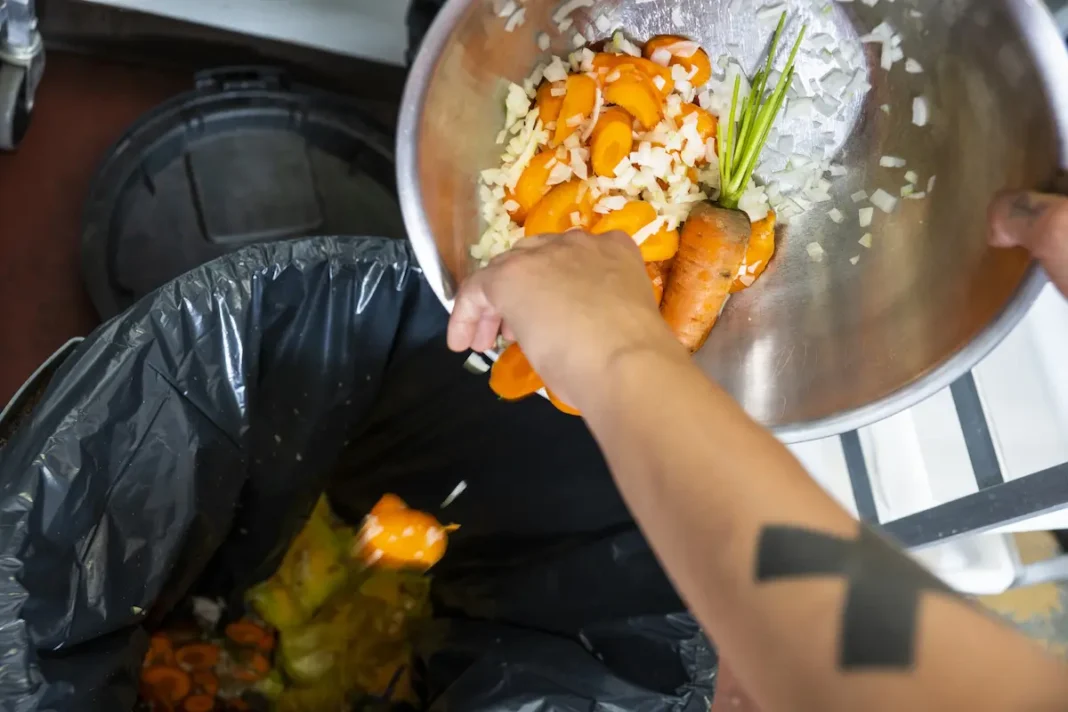Tackling food waste is inviolable: Consider your restaurant, a place where every ingredient matters, not just for taste but for the impact it leaves on our planet. In this age of conscious dining, where customers increasingly seek businesses aligned with their values, it’s time for restaurant owners and managers to infuse conscious values into the very fabric of their operations. As individuals who are dependent on both natural and human-made resources that nourish us, help us survive and thrive within the greater realm of existence, we automatically become responsible for not exploiting, but consciously utilising our resources— it’s a single basket we have all been sharing from, and it’s time we realise that the bottom of the basket is coming closer to vision!
Why Is Food Waste Management Important
The sustainability of our food systems is compromised by food loss and waste. When we lose or discard food, we misuse not only the food itself but also the extensive resources invested in its production—such as water, land, energy, labor, and capital. Furthermore, disposing of food in landfills generates greenhouse gas emissions, further agrevating climate change. These practices can have adverse effects on food security and availability, and they contribute to the rising costs of food.

While this is only one way to look at it, consider this: A global population of 10 billion by 2050, and limited resources and agricultural land for the production of food. Not only, do we not have enough resources to feed that big a population, but in order to make the resources expendable, the increase in food production has to be upto 60-70% (keeping in mind, that agricultural industry is one of the bigger consumer of freshwater resources in the world).
Regardless of how committed you are to the process, there’s no harm in taking a look at a few effortless systems we can put in place, and still play our part in replenishing the planet. Let’s explore a few practical strategies for tackling food waste in your food establishment.
Redistributing surplus food
Stressing the urgency for food waste reduction is not a subjective viewpoint; it’s a stark reality that we must pay attention to. According to the United Nations, the prevalence of hunger has been steadily increasing since 2014 and it has become a matter of utmost importance. Additionally, the theme for 2023’s International Day of Awareness of Food Loss and Waste, as announced by the United Nations was “Reducing food loss and waste: Taking Action to Transform Food Systems”. Here are two organisations that are committed to collecting surplus food from restaurants and communities, and redistributing it as a means of sustenance to those who are subject to poverty and hunger.

No Food Waste
No Food Waste believes “Hunger is not a problem. It is an obscenity”. No Food Waste is an organisation which aims to redistribute excess food from weddings, parties, events to those who are hungry. Food Safety, lies at the heart of their mission. After their volunteers have collected surplus food from donors, the food is packed and stored hygienically- separate for perishable and non-perishable items. Their delivery transport is not used for anything but food items, and each volunteer promises to follow hygiene practices to avoid any contamination of the food.
Contact: 9087790877
Robin Hood Army
They say “The challenge is not a lack of food — it is making food consistently available to everyone who needs it”. The Robin Hood Army is a volunteer based, zero-funds organization that works to get surplus food from restaurants and the community to serve less fortunate people. The sections of society they serve include homeless families, orphanages, patients from public hospitals, and old age homes. Apart from serving every state and multiple cities, across India, they are also functioning in 12 different countries. As a restaurant owner, you can choose to partner with them and contribute food. As an individual, you can also contribute to their community on a regular basis with one meal or more, or become a volunteer.
For further information visit www.robinhoodarmy.com
Converting Food Waste to Value

Implementing transformative change hinges on the adoption of technologies, innovative solutions, new working methods, and best practices for effectively managing food waste. One of the major reasons why treating food waste is important is that the diversion of organic waste from landfills and open dumping sites through methods like composting does not only lessens greenhouse gas emissions but also averts contamination.
Supr Enviro Farms Pvt Ltd
Pioneering a transformation in the poultry industry, Supr Enviro Farms‘ goal is to provide sustainable and environmentally friendly solutions using Black Soldier Fly Larvae (BSFL) technology. Their mission includes minimising pollution, fostering a circular economy, and enhancing food security, all within the framework of environmental responsibility.
Vyuuham
Vyuuham‘s organic waste-to-value technology revolutionises the treatment of organic wastes, including food waste, whether separated from or mixed with household waste, garden waste, manure, pig slurry, and sewage; and aims to progress toward a zero-waste solution.
Installing an In House Food Waste Recycler

NetSol Water is one such company that provides food recycling solutions amongst other waste management systems, that are affordable, sustainable as well as energy-efficient in order to cope with the challenges of population growth, industrial expansion and climate change. Installing an in house food waste recycler reduces food waste volume , creating a disinfected, odorless and nutrient-rich soil amendment that can be used as a fertiliser for your plants or garden.
These systems are not just about minimising waste; they’re about creating a culinary legacy that resonates with mindful consumers. Take 2024 as a milestone year transform your restaurant into a beacon of responsible dining.


